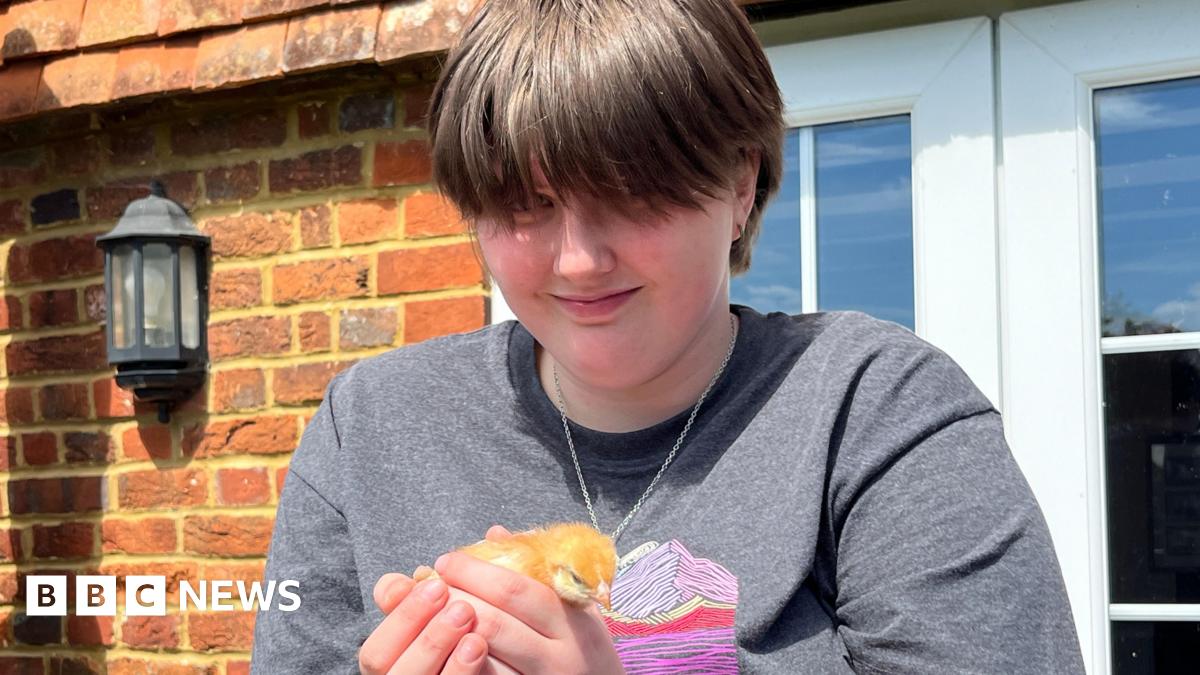Cancer's Changing Face: Experts Reveal Breakthroughs & Future Strategies at TIME100 Health Panel

The fight against cancer is far from over, but a recent discussion at the 2025 Impact Dinner, featuring CNN anchor Sara Sidner (who bravely shared her personal experience as a breast cancer patient), Dr. Vinod Balachandran, and Novartis U.S. president Victor Bulto, offered a compelling glimpse into the remarkable progress and ongoing challenges in tackling this 'evolving' disease. The TIME100 Health panel explored the shifting landscape of cancer treatment, highlighting innovative approaches and the critical need for continued research and collaboration.
Beyond Traditional Treatments: A New Era of Cancer Care
For decades, cancer treatment has largely revolved around surgery, chemotherapy, and radiation. While these methods remain vital, the panelists emphasized the rise of targeted therapies and immunotherapies – treatments that harness the body's own immune system to fight cancer or specifically target cancer cells, minimizing harm to healthy tissue. Dr. Balachandran, a leading expert in neuro-oncology, spoke passionately about the potential of immunotherapy, noting its ability to achieve long-term remissions in some patients where traditional methods have failed. He highlighted the importance of understanding the unique genetic and molecular characteristics of each patient's cancer to tailor treatment plans effectively.
Sara Sidner's Inspiring Story: Living with an 'Evolving' Disease
Sara Sidner's presence added a deeply personal and powerful dimension to the discussion. Sharing her journey with breast cancer, she underscored the reality that cancer isn't a single disease but a collection of many, each with its own complexities and mutations. Her experience exemplified the concept of an 'evolving' disease – cancer's ability to adapt and develop resistance to treatments over time. Sidner’s openness about the emotional and physical toll of treatment also served as a reminder of the importance of patient support and holistic care.
The Challenges Ahead: Overcoming Resistance and Ensuring Access
Despite the significant advancements, the panelists acknowledged the considerable challenges that remain. Cancer cells often develop resistance to targeted therapies, necessitating the development of new drugs and treatment strategies. Victor Bulto addressed the critical issue of access to these innovative therapies, emphasizing the need for policies that ensure patients can afford and receive the treatments they need, regardless of their socioeconomic status. He highlighted Novartis' commitment to working with governments and healthcare providers to expand access to life-saving medications.
Collaboration and Innovation: The Keys to Future Success
The panelists unanimously agreed that collaboration is paramount to accelerating progress in cancer research and treatment. Bringing together researchers, clinicians, pharmaceutical companies, and patient advocacy groups is essential for sharing knowledge, developing new technologies, and ultimately, improving outcomes for patients. The discussion concluded on a note of cautious optimism, with a renewed commitment to pushing the boundaries of cancer care and transforming the lives of those affected by this devastating disease. While a definitive 'cure' may still be elusive, the advancements being made offer unprecedented hope for a future where cancer is a manageable, and ultimately, survivable condition.




